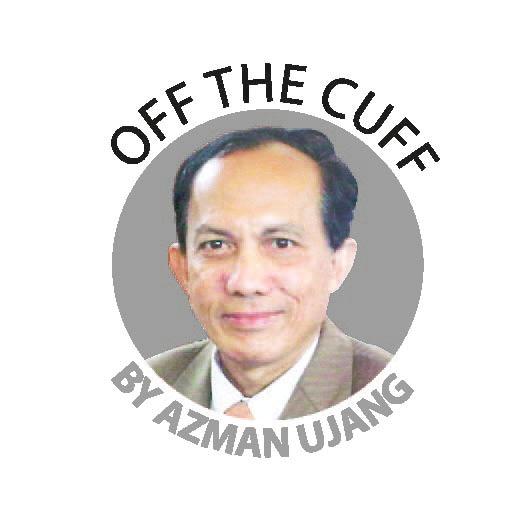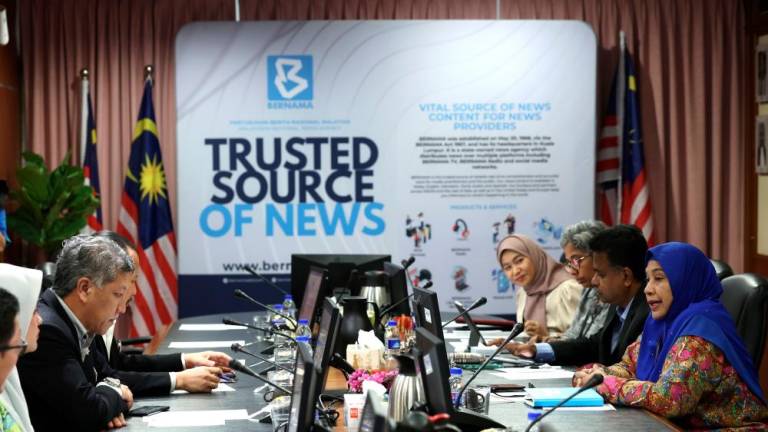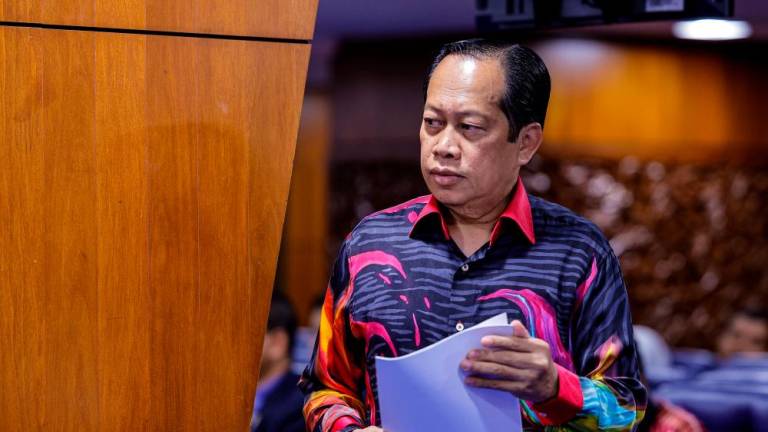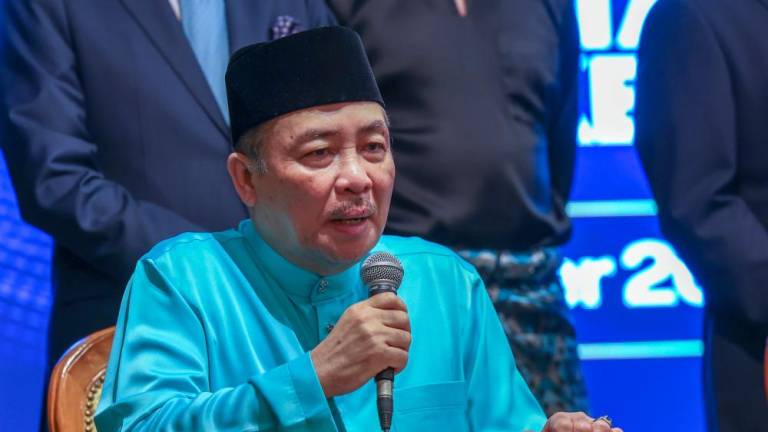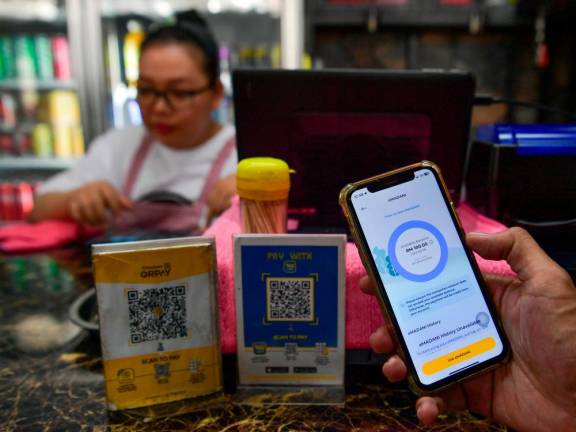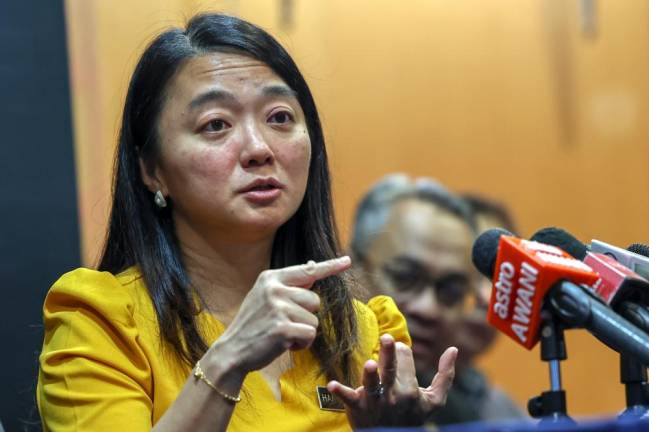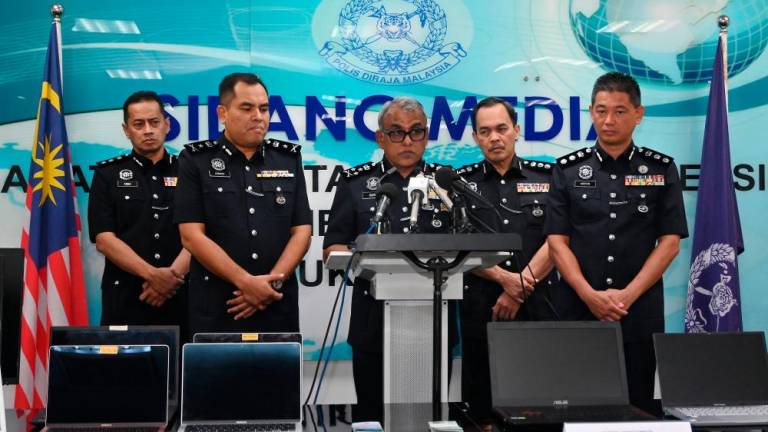CAR prices in Malaysia are already among the highest anywhere. If anything, what car manufacturers in general and car buyers or owners in particular need, moving forward, are policies that would lead to lower car prices and not more and worse, higher taxes.
Which is why everyone, except of course the tax collectors, are losing sleep over news of plans to restructure the automotive excise duty and taxes for a product which as mentioned earlier is already very expensive especially to the average wage earner.
Any plan to review taxes on cars, which normally means a hike, is well and good in countries where the majority of the population commute on public transport that gets you virtually anywhere that you want to go.
But not in Malaysia where public transport is fragile or poor in large swathes of the country.
Which is why we have perhaps one of the largest, if not the largest, single-occupant car traffic seen anywhere in the world, a car being a vital means of commuting for Malaysians.
Ask any average wage earner in the B40 age group what his or her big headache is? The answer will be servicing the car loan.
And with a repayment period of seven to nine years, plus the interest, it’s a huge financial commitment that more often than not burdens borrowers with more problems in making ends meet.
Car democracy is very much the Malaysian way of life and this among other things, led to us to being among few nations in the world to have our own carmakers; Proton was first and Perodua followed later.
Be that as it may, it is imperative for cars to be made not only affordable to the lower-income earners but more affordable than they are now.
All stakeholders especially the powers that be, who are always looking for ways to increase tax collection, should spare the already highly taxed car industry players like manufacturers and vendors.
And certainly the buyers.
Unlike the purchase of a house – whose market value normally goes up in later years – a car is not an investment. It’s a necessity for the vast majority of Malaysians.
In fact, as all car owners know, buying a car is a financial liability as the market value goes down the moment it’s been bought as it’s already regarded as a second hand item.
Added to this is the reality that many wage earners among the B40, who form the bulk of the working class, are finding it tough to service their car loans.
Banks are deluged with outstanding payments for such loans and it’s common for them to repossess cars after a few months of non-payment.
This marks the beginning of new problems for car-owners whose vehicles have been repossessed.
Because the value of second-hand cars are so low, their outstanding loans with banks are still normally higher than the value of the car and here they have to top up the balance.
This is where these wage earners get into worse financial woes, resorting to multiple credit cards, among others.
According to AKPK, the agency under Bank Negara Malaysia tasked with educating people on financial counselling and management, there is a rise among the young being declared bankrupt.
So is there any justification for a hike in excise duty or other taxes in the making of a car?
There was a respite, however, in speculations of another round of excise duty hike on cars when on Tuesday, Finance Minister Lim Guan Eng denied car prices would increase.
He said the government had yet to reach an agreement on the restructuring of related excise duties and should there be a change, it would be made gradually.
International Trade and Industry Deputy Minister Dr Ong Kian Ming said his ministry and the Finance Ministry were in talks on the revised excise duty rates for locally-assembled vehicles.
So something is in the works but from the commonsensical viewpoint, why must any review of excise duty always lead to a hike?
By the same token, such a review should not only look at increasing revenue generation but whether or not such an exercise might kill the goose that lays the golden eggs.
If it’s the latter, the wise thing to do is to refrain from imposing higher excise duty on cars.
Industry players have already pressed the alarm bells that such a move to increase the excise duty will markedly increase car prices.
This is especially so for completely-knocked-down or locally-assembled vehicles thus resulting in a disruption in the local market and new vehicle sales.
Industry players say a hike in duty and tax calculation mechanisms may lead to an increase in effective duties and taxes payable by automotive original equipment manufacturers.
It will definitely hit hard carmakers with large economies of scale in assembling their vehicles locally, like Proton.
A senior industry player says it is vital for the government not to increase excise duty for carmakers who have been helping to develop the supply chain with technology transfer for the local vendors. In other words, why punish them further?
Although Perodua as the largest local carmaker has assured that it will not raise car prices in the event of a hike in excise duty, everyone knows that such an assurance is not sustainable in the long run.
“Whatever the impact, we don’t want to pass it on to the customer ... but we won’t reduce also,” says Perodua president and chief executive officer Datuk Zainal Abidin Ahmad.
Car manufacturing entails heavy investment and Perodua will be ramping up investments this year to RM1.06 billion from RM469.2 million last year.
Perodua, which hit its highest record sales of over 240,000 units last year, however, is expecting flat sales this year.
If cars become more pricey if an excise duty hike is implemented, then sales will not only be flattish but very well could drop as they become less affordable or unaffordable to most.
It’s interesting to note that the revamped National Productivity Council held its first meeting on Tuesday chaired by Prime Minister Tun Dr Mahathir Mohamad. Its task is to chart the nation’s strategic course towards achieving greater all-round productivity.
This council could well look in-depth at cutting the high costs of running the country in matters or affairs that are not as critical now as compared to decades ago, including agencies with overlapping functions.
Then there’s the question of huge wastage and leakages as reported annually in the Auditor-General’s Report.
If positive outcomes are achieved from such measures, then the temptation to raise taxes including car excise duty, could be contained.
So my appeal is to spare the carmakers and of course the poor car buyers.
A car is not a luxury but a necessity.
Comments: letters@thesundaily.com




